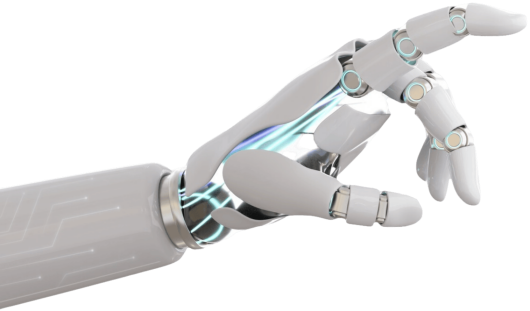
This paper provides a blueprint of a system architecture that attempts to decompose a complex behavior, that a control system is desired to exhibit, into combinations of simple independent sub-systems each one represented by an appropriate agent and having appropriate relevance under specific circumstances. The main issues of such an architecture are discussed and several possible choices available during its design and implementation are presented. As an illustration of this approach, the case of a system addressing the local path planning problem for an indoor mobile robot is presented.
fuzzy systems, agents, basis functions, learning, mobile robots, path planning.